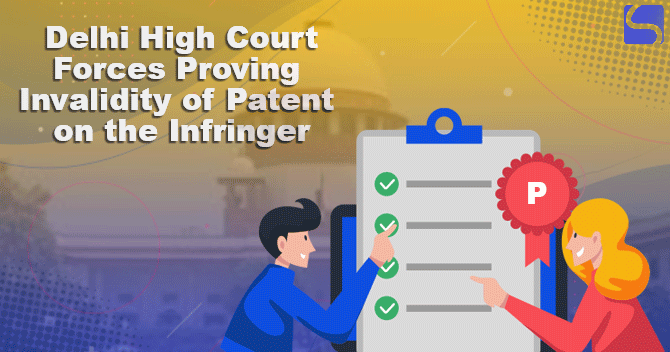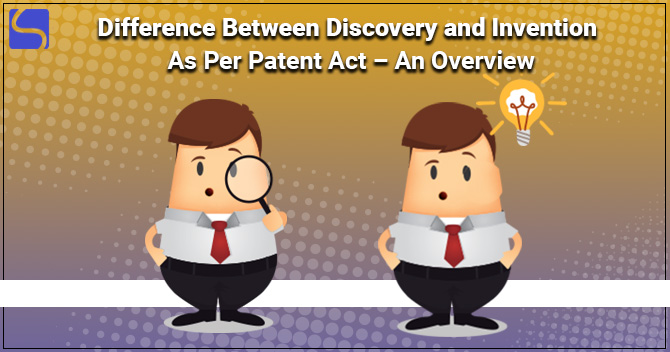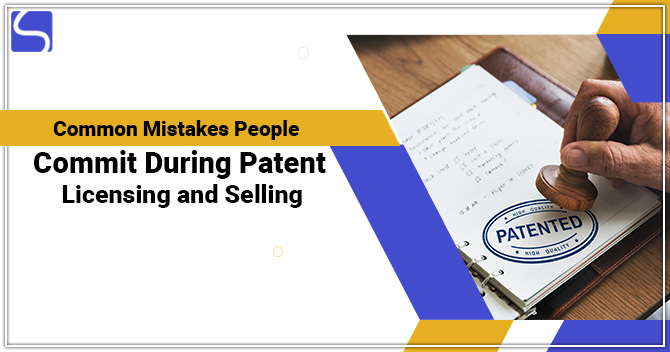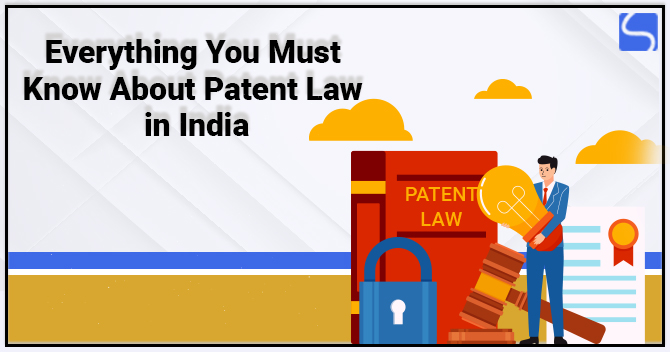Delhi High Court Forces Proving Invalidity of Patent on the Infringer

Karan Singh | Updated: Dec 20, 2021 | Category: Patent
Currently, the Delhi High Court has ordered that when an infringer seeks to defend Patent Infringement on the ground that the Patent is not valid, the burden to prove the invalidity of Patent lies deeply on them, and this standard has to be met when applying the principle of credibility (Anr V Natco Pharma Limited and Novartis AG). Scroll down to check more information regarding Delhi High Court thrusts proving the invalidity of Patent on the infringer.
Table of Contents
Invalidity of Patent on the Infringer – Overview
When an infringer wants to protect Patent Infringement because it is not valid, its burden is primarily on them to show the invalidity of Patent. The observation came from Single Judge Justice C Hari Shankar as he restrained Natco Pharma Limited from selling, exporting, importing, exporting, or dealing indirectly/directly in API (Active Pharmaceutical Ingredient), including EO (Eltrombopag Olamine). Basically, EO (Eltrombopag Olamine) is a compound that aids in increasing platelet production and is mainly used in the remedy of thrombocytopenia (low blood platelet count).
The suit Patent for Eltrombopag Olamine was considered from May 21, 2003, and the Patent would remain exists for 20 years. The invention was granted non-proprietary USAN (United States Adopted Name) “Eltrombopag Olamine”, and it is marketed by Novartis under the trade name or term “REVOLADE”.
The court was already told that Natco Pharma was introducing their brand Eltrombopag Olamine in the market. Novartis fought, claiming that Natco Pharma had not obtained any license from it.
After hearing the disputes, the court observed that prima facie there appeared to be a fundamental misconception concerning the concepts of vulnerability and credible challenge. The submission advanced by the defendant was forecasted on the premise that the slightest shadow of a doubt, which could be cast on the Patent, was enough to comprise a credible challenge. It exposed the susceptibility to Revocation[1] & the proposition was entirely misconceived.
Justice Shankar also added that even if a ground was made for Patent Revocation, it couldn’t be done automatically. It remained a matter of prudence of the Patent authority. The judgment said, “The grant of such judgment is itself a pointer to the legislative intention that, before cancelling a Patent, the authority is required to please itself that all thoughts have been made and revocation is completely necessary”. It is only when judged on that criterion, a believable challenge to the validity of the Patent Registration as vulnerable to Revocation is made out that an infringer can run away from the outcome of infringement. Hence, the standard is rather high than low.
The court further said that the infringer never decided to challenge the suit Patent either at the pre or the post-grant phase. That means it had not cleared the way before utilising the suit Patent. Only when it was caught in the act, the defendant seek to question the suit Patent’s validity, the court added.
Conclusion
Single Judge Justice C Hari Shankar said that the Patent Revocation is a severe Act, and a Patent once issued cannot be treated as easily susceptible to Revocation. The burden to prove the invalidity of Patent lies deeply on them, and this standard or benchmark has to be met when applying the principle of credibility.
Read our Article:What are the Different Ways to Maximize Patent Valuation?














